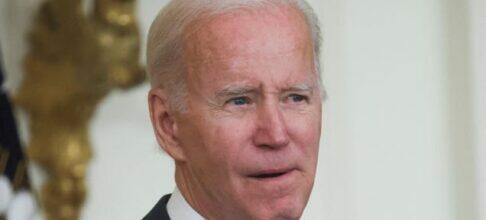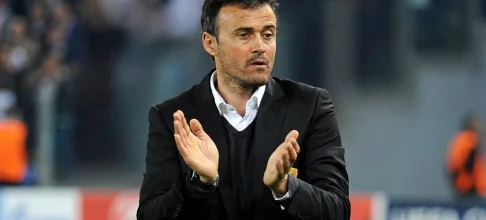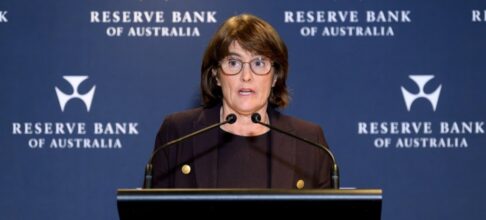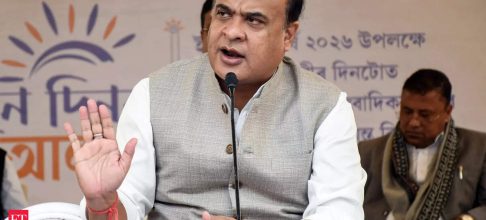This ancient narrative remains painfully relevant today as Nigeria grapples with one of the most underreported crises in its democratic development: the systematic underrepresentation of women in our politics. Out of 469 members of Nigeria’s current 10th National Assembly, only 21 are women—a mere 4.5%. This figure isn’t just disappointing; it’s dangerous. It reflects a political structure that remains structurally biased, culturally hostile, and legally unaccommodating toward female participation.
That is why the Women’s Reserved Seat Bill must return to the legislative front burner—not as a political favor or tokenistic gesture, but as a strategic act of national preservation. The Esther-Mordecai Blueprint In biblical Persia, Mordecai understood power structures. Esther had access to them. One provided the vision; the other executed it. Together, they preserved a nation.
That same synergy exists today. Nigerian women have already proven their mettle in boardrooms, development spaces, and international diplomacy. From Amina Mohammed, Deputy Secretary-General of the United Nations, to Ngozi Okonjo-Iweala, Director-General of the WTO, women are flying the flag where politics has failed to include them.
In business, we have Ibukun Awosika, former First Bank Chairperson, and Folorunsho Alakija, one of the richest Black women globally. In media, Mo Abudu has built a global storytelling brand, and in religious organisations, women like Pastor Yemisi Kudehinbu are leading some of the country’s largest faith-based institutions. At TVC Communications, the Managing Director, Victoria Ajayi, has overseen groundbreaking innovation, including Nigeria’s first AI news anchors. The Director of News, Stella Din Jacobs, has led both male and female journalists to win more awards under her tenure than at any point in the station’s history.
These women are not anomalies. They are proof of potential. And yet, most of them did not get there alone. Like Esther, they had “Mordecai”men who mentored, supported, and stood beside them.
The Bill and the Bias
The Women’s Reserved Seat Bill, first introduced in 2022, seeks to amend the Constitution by creating additional parliamentary seats exclusively for women, distributed across Nigeria’s geopolitical zones. Its goal is simple: correct the generational imbalance that keeps women out of politics.
Opponents claim it violates meritocracy. But that argument ignores context. Merit cannot thrive in a rigged system. Nigerian politics is structurally hostile to women, from expensive nomination forms to violent primaries, from male-dominated party caucuses to patriarchal gatekeeping.
Women aren’t asking for free rides. They’re asking for a fighting chance.
What the Bill Will Do
1. Correct a Historical Wrong: Centuries of exclusion cannot be undone with slogans and hashtags. Policy must intervene.
2. Strengthen Representation: Women bring unique perspectives on education, health, welfare, and peace-building.
3. Follow Global Best Practices: Over 100 countries, including Rwanda, Senegal, and South Africa, have adopted gender quota systems.
4. Deepen Our Democracy: Inclusion is not a threat to democracy; it’s its very foundation.
The Road Ahead
The bill failed during the 9th Assembly. But times are changing. There is renewed interest in the 10th Assembly, a wave of civic advocacy, and a generation of young Nigerians more open to equity and fairness.
We must seize this moment. The Esther-Mordecai model teaches us that transformation requires timing, unity, and boldness. Nigeria is at such a time. Let us not miss it.
The reserved seat bill is not about women versus men. It’s about women and men—like Esther and Mordecai—working together to secure the future of a nation. For such a time as this, we must act.
Lawrence is a journalist and political affairs analyst. He writes from Abuja.















